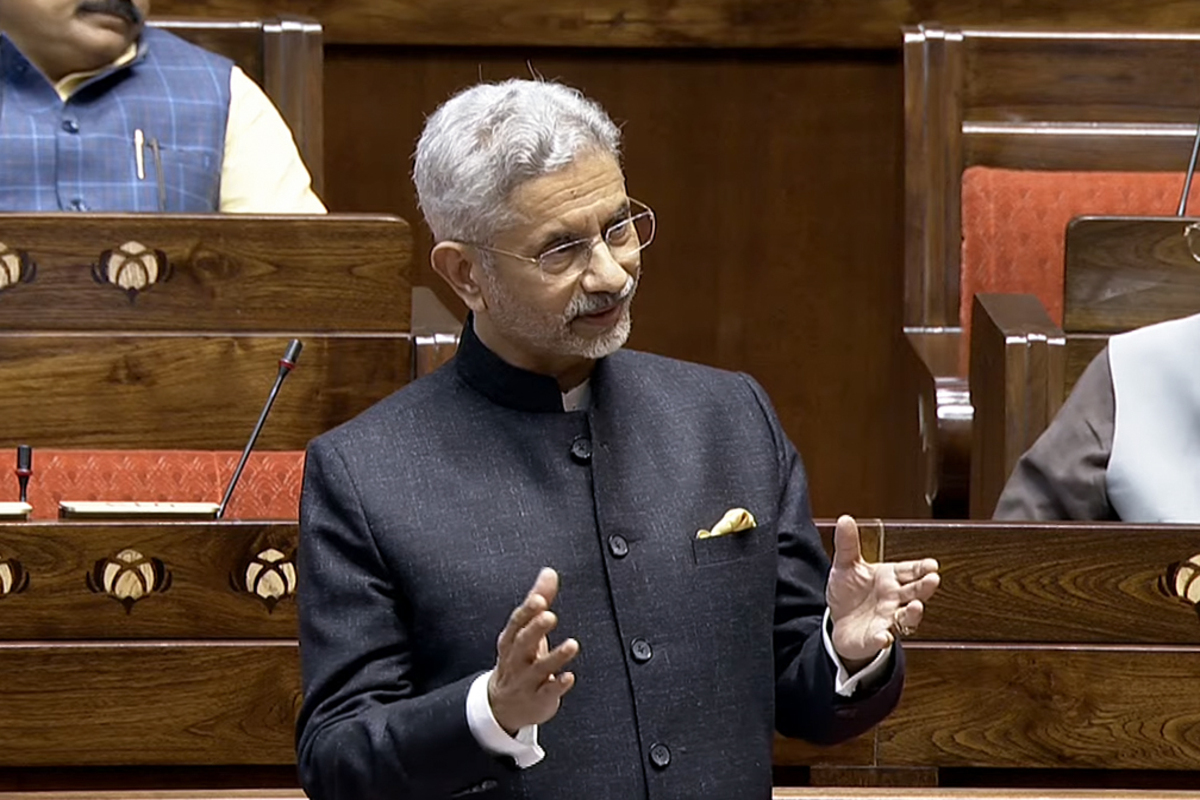External Affairs Minister S Jaishankar on Friday said India and the ASEAN are preparing for an era of electric mobility, green shipping and green steel, and businesses on the two sides will have to adjust accordingly.
”In visualising areas of cooperation, we are also targeting new domains and technologies that hold such visible potential. Both India and ASEAN are today more focused on realising the value of green hydrogen and green ammonia. The digital world also opens up new possibilities as we all seek to collaborate to establish more payment platforms, data centres and semiconductor facilities,” he said in his keynote address at the eight Roundtable of ASEAN-India Network of Think Tanks, Singapore.
Advertisement
He said India and ASEAN are major demographics whose emerging demands can not only support each other but become larger productive forces in the international economy.
”After all, together, we account for more than a quarter of the world’s population. Our GDP is similar and you are among our $ 100 billion plus trade accounts. Our consumer demands and lifestyle choices are themselves major economic drivers. They will also shape the scale of services and connectivity. As we promote trade, tourism, mobility and education, the magnitude of our endeavours has a resonance far beyond the immediate domain,” Mr Jaishankar said.
He said the collaboration between the two sides can also be crucial in addressing contemporary challenges. In an era of extreme climate events, ensuring food security is a major concern. Similarly, with the experience of global pandemics, preparing for health security is no less vital. There are lessons even from the recent past on both accounts.
The world, according to Mr Jaishankar, today is clearly headed for re-globalisation, not de-globalisation. ”That is the transition that we – ASEAN and India – separately and together, have to navigate. The quality of our partnership will be influenced by the extent of convergence on all these domains,” he said.
He noted that in the last three decades, the two sides have built up a solid track record of cooperation that has served them both well. ”To take it to the next level, however, we must utilise the changing global situation to our advantage, rather than bemoan it as a departure from a norm with which we were all so comfortable. Let me offer some thoughts in that regard,” he added.
Mr Jaishankar pointed out that global manufacturing and supply chains have started to transition. It could be even more so in emerging and critical technologies and the digital chain. Considerations beyond the efficiency of logistics and costs of products are coming into play.
”In India, we are seeing both the proliferation of Global Capability Centres and the expansion of manufacturing. To accelerate these trends, the Modi Government has announced the establishment of 12 new industrial parks. It has also doubled down on the infrastructure building that has made so much progress already in the last decade.
“Along with that, there is a deepening focus on enhancing the quality of India’s talents and skills through vocational training, internships and expanding the education sector. Each of these could be opportunities for partnership between ASEAN and India,” he added.
















